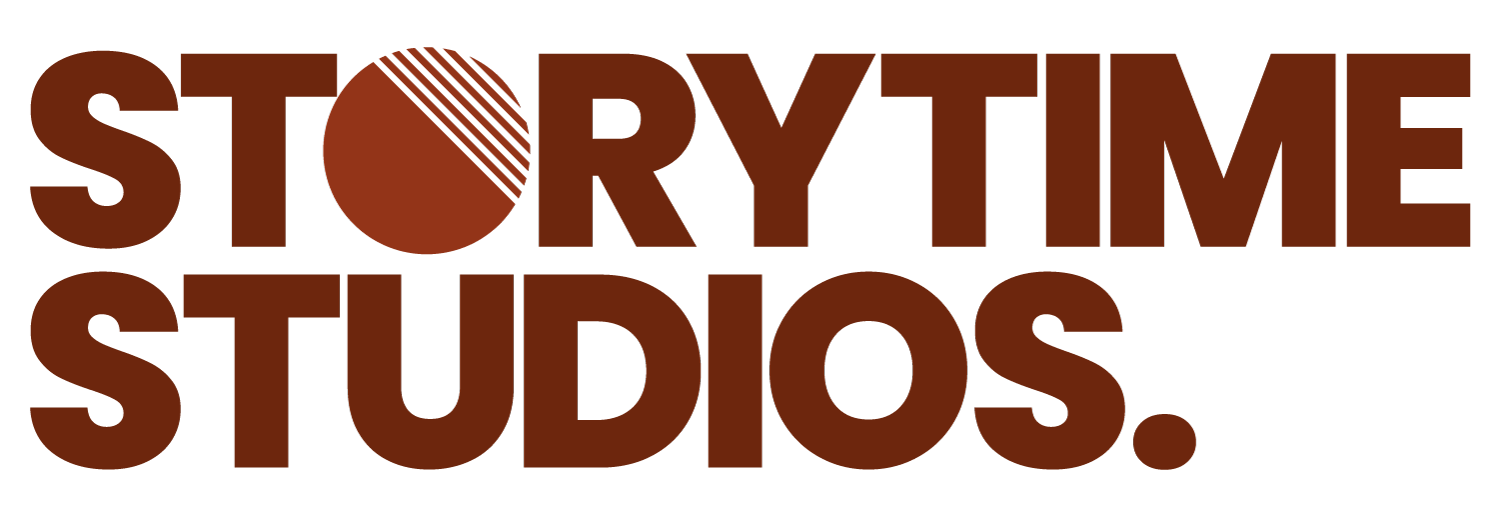BSK: Product
In this session, we will talk about defining your Product and service.
For clarity, in this instance, we're grouping product and service together. If you're selling a service, that's your product. If you are selling a physical product, software, whatever - this is your product. The thing you're selling someone and wanting them to buy or buy into.
Let's get to the big point straight away. The main thing to keep in mind is to stay away from the abstract and keep things practical.
Too many people have been drinking the Silicone Valley Kool-Aid, and when you ask them about their product or service, they come up with stuff like...
"We are augmenting the modern consumer's ability to transition between spaces in a revolutionary and eco-friendly way".
I have absolutely no idea what that means, but in Start-Up-Land, you're probably talking about a ridesharing app or Uber or a taxi or something.
If you said that product description to someone you've never met before, do you really think they'd know what you're talking about, let alone care?
Why keep the explanation practical?
It makes things easier. You want to define your product in a way another human being - that doesn't work in Start-Up Land - will understand.
There are a lot of steps in running a business - make your life easier by making it simple to explain to someone what it is you do, and make their life easier by telling them something they'll actually get.
The more confusing you make it, the harder it is to understand - the more people have to think about making sense of what you do - the less likely you'll find answers, customers, or help developing your idea.
Keeping it simple means understanding what you're selling and ensuring everyone's on the same page.
A simple-to-understand product description sounds something like this:
“We sell laptops” or
“We supply desk lamps for home offices” or
“We provide consulting services”,
“Electrical services”,
“coffee cups” or "keep cups."
It doesn’t need to be more complicated than that.
The point is to develop a product description and a way to articulate what you're helping people with, supplying, selling, or servicing. In a simple enough way that a broad audience will understand.
If you have a specific service in a particular industry, you can be specific; having a niche is fantastic. But suppose you're a start-up and you're exploring an idea. In that case, you're starting a business in a space with a lot of competition or a new concept that needs to be explained to people.
Simplicity is your friend. If you get buy-in, you can dive deeper.
Let me give you an example.
You're starting a new app that tells you where all the free public toilets are because your partner always needs to pee, and you need that information as fast as possible at a moment's notice.
Most people know about apps; everyone knows they need to go to the toilet. So, with that in mind, there are two ways to present this idea:
1. The Human Way - it's an app to help you find the nearest public restroom. Bonus: it ranks restaurant restrooms, too.
2. There's the alternative - "we're building a digital network of socially empowered and interconnected superusers that utilize local knowledge to support a diverse ecosystem of liquid disbursement technologies."
Do you see how one sounds great in a PowerPoint presentation and the other to like... People? Do you get my point?!
This brings up an important question: do you have precedent?
Suppose you're an accountant, a lawyer, a plumber, a barista, or a wheat farmer. In that case, You have precedent because many people will already know about the type of thing (Product) you're providing the market.
You can piggyback something that people already know about - that's great.
If you plan to do something from scratch that's brand spanking new and has never been heard of, That's exciting! But be prepared to explain it a bunch more to build up that precedent.
To help, you can look at analogies, metaphors, and other relatable concepts and things people know about. In the example above, I used an app - which people know about - and needed to pee, which everyone knows about.
This is a good time to point out one last thing: everything has pros and cons.
If you're starting a business in a space that people already know about - for example, food trucks. Then your job is to have a catchy name and work on your Positioning, how you'll stand out from all the other food trucks.
Suppose you're a start-up with "no competition". In that case, your job is to educate people about your new product or the unique way you serve customers.
Both approaches require investment. The whole point of what we're doing here is to help you work out and plan how to allocate that investment to increase your chances of success.
So - Product and Service Descriptions. Keep them simple. Make it practical. Write it down.
Last Updated: 28/Dec/2023
